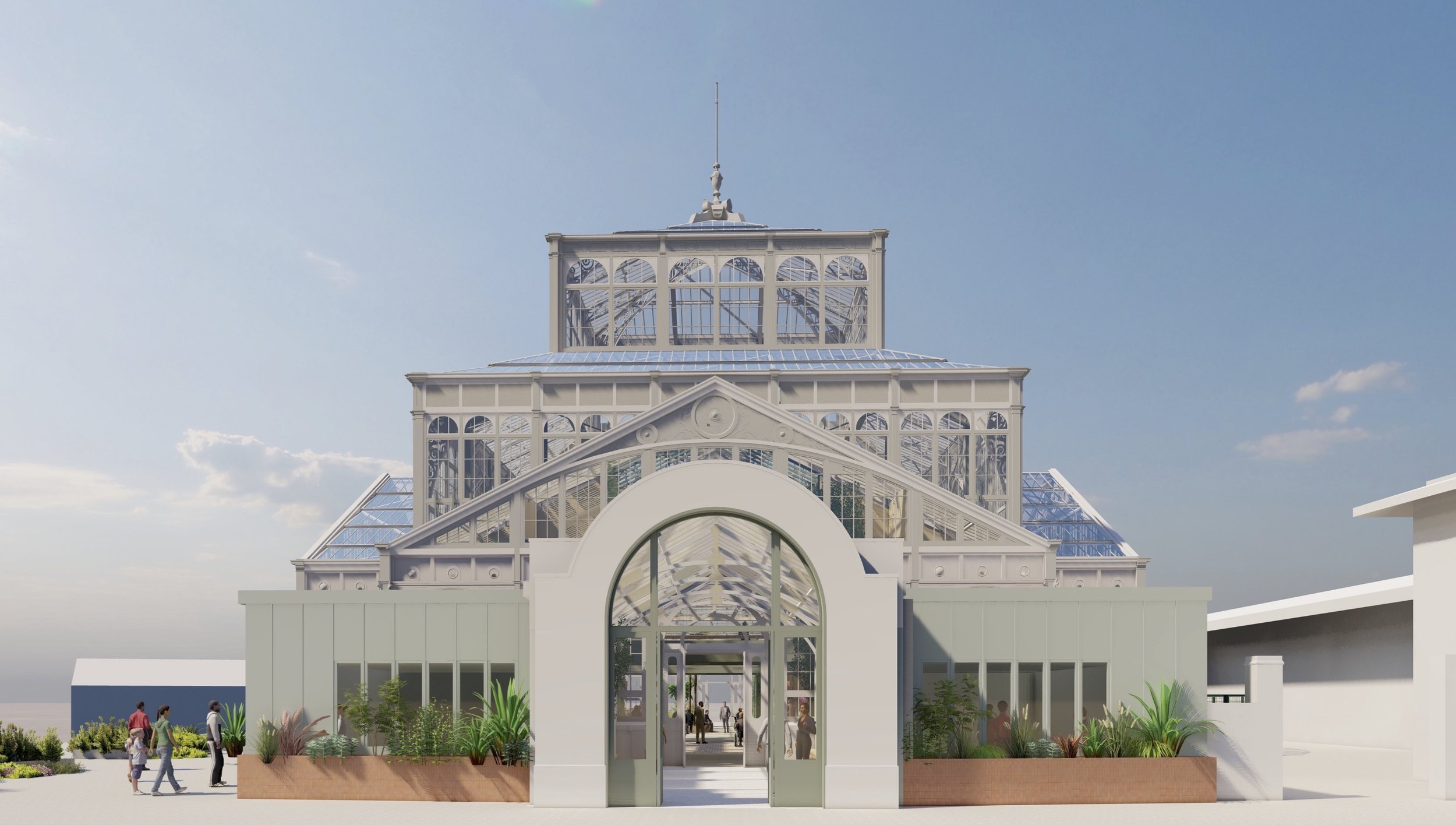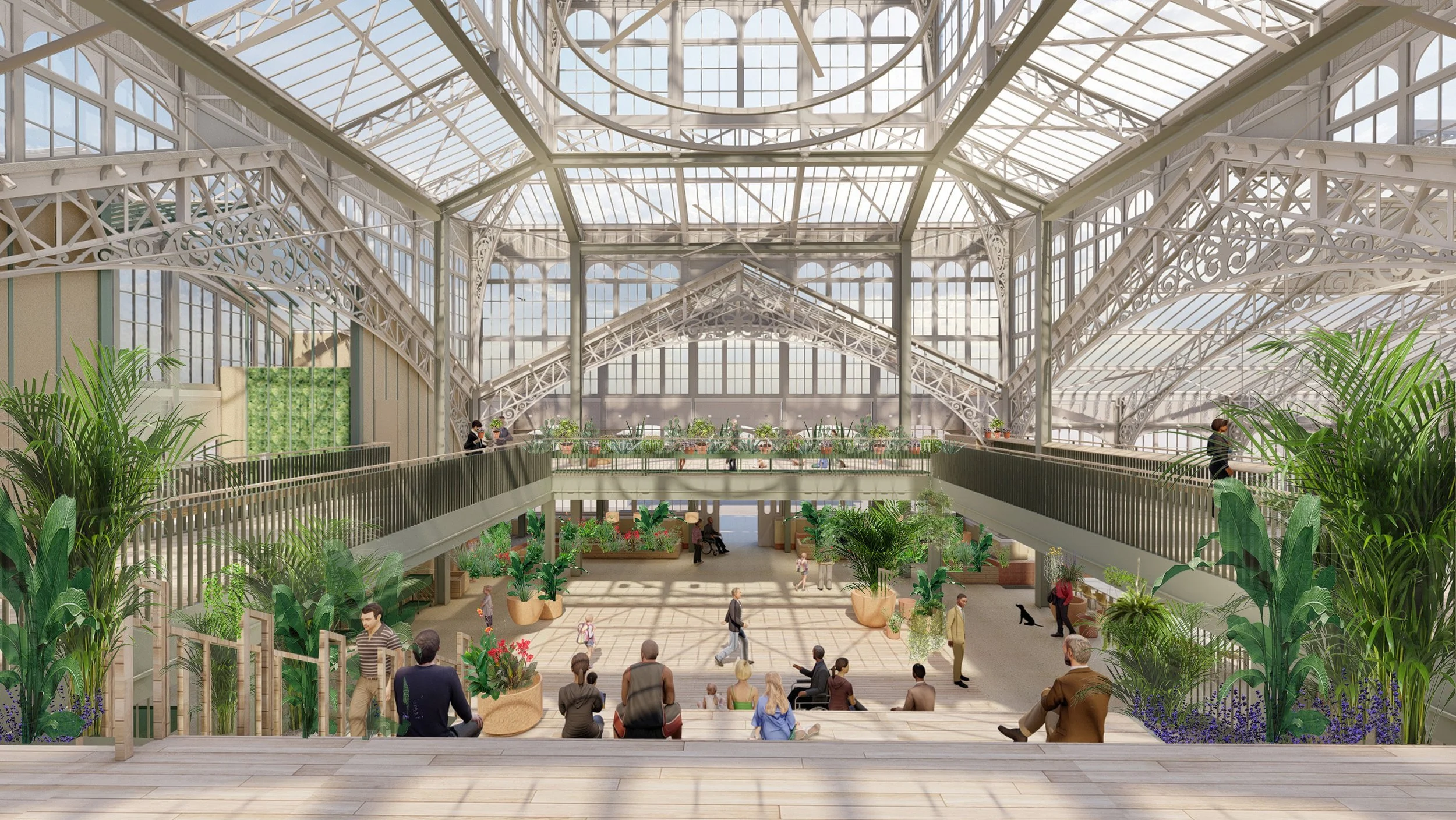Restoration of Great Yarmouth Winter Gardens wins AJ Retrofit Award
The restoration of the Grade II* Winter Gardens in Great Yarmouth, being led by BFF Architects, has won an AJ Retrofit Award. It was the winner of the “Future Reuse” category, which celebrates “planned and future projects on the drawing board, in particular those looking to push the envelope in terms of retrofit and reuse”.
The AJ reported that:
“The AJ Retrofit & Reuse Awards celebrate architectural expertise and ingenuity in the physical and environmental adaptation and upgrade of buildings, and the reuse of building materials and structure in response to the climate emergency and changing requirements of use.
The winning projects in the AJ’s new categories for 2024 positively demonstrate the strength of the industry to advocate for change and to prioritise sensitive adaptions and minimal interventions over demolition and new build.”
Commenting on the Winter Gardens success, the judges said:
“On a project as technically challenging as this, it’s no small achievement to integrate all the different layers and reimagine it for the next generation. The economic and the social and the circularity all go hand-in-hand.”
The last survivor of a British seaside tradition, the Grade II* Winter Gardens is currently unused, in a poor state of repair and on Historic England’s Heritage at Risk Register. Following restoration, this building of national significance will once again become a colourful and animated People’s Palace at the heart of the town’s life, economy, and heritage.
The project will return the magnificent cast-iron structure to a year-round attraction; a flexible entertainment, activity & events, education and community space, with food and beverage.
The new scheme aims to be as sustainable as possible, whilst respecting the historic fabric, and has implemented a 'Net Zero Carbon in Operation' strategy. Passive techniques have been developed to heat, cool and ventilate the space with the minimal use of energy and resources.
The planting proposal, with species referring to the Victorian planting and reflecting the town’s former trading routes, is sensitive to the need to balance a comfortable environment for people with a suitable environment for plants. New external landscaping and public seating will be provided.
The building will include an event space with stage and seating; restaurant and bar; and a multi-purpose activity space. An integrated Interpretation Strategy will encourage engagement with heritage, biodiversity, sustainability, climate adaptation and future resilience.
The restoration has been made possible thanks to funding from The National Lottery Heritage Fund, combined with investment from the Government’s Town Deal Fund. It is one of five successful NLHF Heritage Horizon Awards projects, aimed at ambitious, innovative and transformational schemes that will revolutionise UK heritage. The final stages of detailed design are now underway ahead of the restoration work, with the building due to reopen to the public in 2027.





